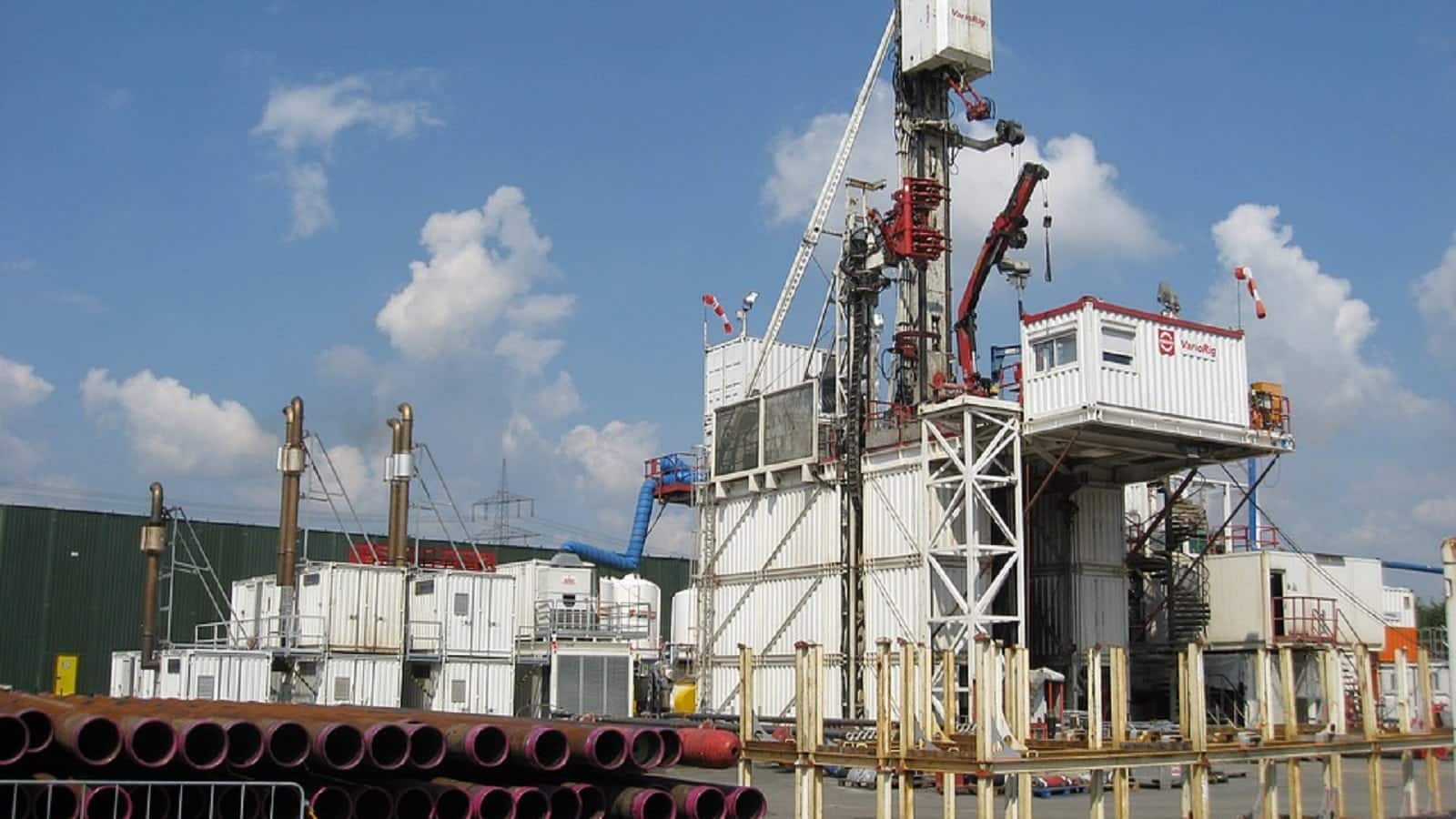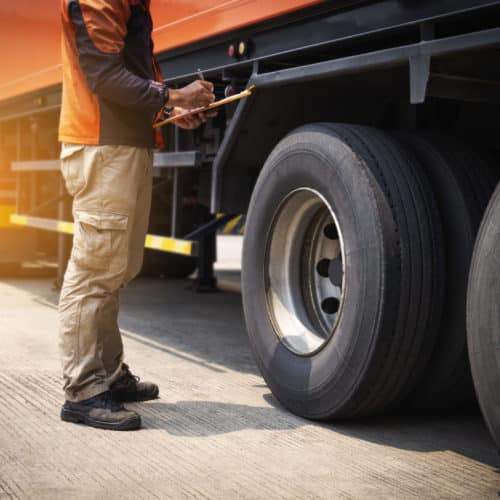The oil and gas industry may still be incredibly profitable for the guys on top, but the overall business has suffered a chain of budget cuts and constraints. While supervisors are looking to cut costs, health and safety practices must always be supported. Safety is especially important for this industry, considering its fatality rate is seven times higher than the rate for U.S. industries overall.
From 2003 to 2013, there were over 1,100 deaths in the industry. With workers putting themselves at such a high risk, it’s important to be familiar with the most common safety hazards in the oil and gas industry. Knowing what to look out for could literally save your life. Learn about the most common safety hazards, and discover how an oil field accident lawyer can help if you become injured.
Vehicles
You may not have considered vehicles as a genuine safety hazard in the oil industry, but driving to and from oil fields is by far the most dangerous part of the job. Not only do drivers have to deal with heavy loads and long distances between sites, but they also have to put up with other drivers on the road. It’s dangerous enough simply driving to work each morning. Having to drive as a part of the job, especially in a vehicle that requires greater skill to operate, is going to increase the chances of an accident.
The working conditions also make it more difficult to handle those drives. Long shifts are common, and the physical demand of heavy lifting and toxic environments can take its toll. When you’re tired behind the wheel, you’re incapable of committing the same level of focus to the road as you would if you weren’t fatigued.
Getting Stuck
Extracting oil is a dangerous, aggressive and complicated process. The machines themselves consist of many moving parts that are easy to get stuck between. Arguably the most important danger to watch out for in this category is cave-ins. If a cave-in occurs while you’re trenching, it’s not uncommon to get stuck with no way out. Always make sure you keep a safe distance from any hazards that could get you stuck or trapped in any way. With all the moving machinery, you need to be ready to move at all times.
Explosions
Avoiding explosions is a good practice to adopt for life in general, but it doesn’t come up too often for the average person. When dealing with incredibly flammable materials like oil and gas, however, explosions are a genuine safety hazard. In fact, you’re more likely to deal with a fire or explosion in this industry than in any other private industry.
To address this danger, OSHA has implemented standards requiring companies to create exit routes when drilling, as well as emergency action plans and fire prevention plans. You should also always have access to fire-resistant clothing and instructions on how to safely store flammable materials. If your worksite is lacking any of those items, talk to your supervisor about it immediately. If they don’t correct the situation, contact OSHA right away.
Falls
When you’re working with heavy equipment and drilling into the ground, fatal falls are not uncommon. Nearly 800 people suffered fatal falls in 2014, and that number has been increasing for a while. Over 200,000 cases of non-fatal falls and trips were reported in 2014 as well. While a fall is statistically unlikely to be fatal, it’s still a clear hazard that you should actively try to avoid.
Chemical Exposure
When working with oil and gas, exposure to chemicals is often part of the job. That’s why you need to take all the necessary safety precautions when around dangerous chemicals. The risks of exposure include mixed exposures, dermal exposures, multiple exposure routes and take-home exposure transfer. That last one is particularly important because it affects others who don’t even work in the oil fields.
One of the main reasons chemical exposures are so common is because workers are often required to enter confined spaces. These include a wide variety of spaces like storage tanks, reserve pits and more. In these places, you could not only be surrounded by flammable vapors, but you could be inhaling them. OSHA has guidelines for working within confined spaces, so make sure your company is in compliance.
Texas Oil Field Accident Lawyer
If you’ve suffered an accident while working with oil and gas in Texas, you could use an oil field accident lawyer like the ones found at Braker White. It’s the oil company’s job to protect its workers, so make sure you’re getting the damages you’re owed after your accident. With our expertise at your disposal, you’ll have a much better chance of winning your case, and we won’t charge you a thing until we win.







